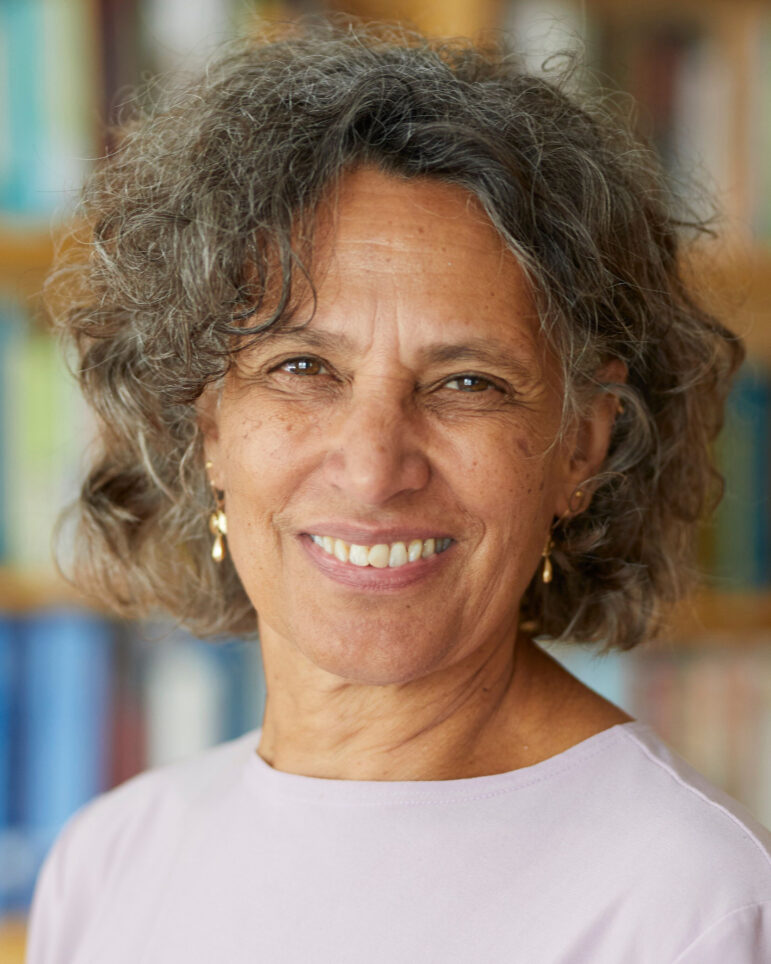
Public health experts are striving to stop the spread of Covid-19 by spreading the word about masks, social distancing, avoiding indoor gatherings, hand-washing, and other important preventive measures. But there is much more they can and should be doing to save lives from Covid-19, argues Dr. Mary T. Bassett, director of the FXB Center for Health and Human Rights at Harvard University and new Lown Institute Board member, in a recent article in Nature. The key is to not be afraid to get involved in politics and advocacy, she writes.
We know that household crowding, low-wage work, chronic health conditions and stress, and lack of access to health care all contribute to Black and Latinx people having a greater risk of contracting and dying from Covid-19. Many of these same factors also put people of color at risk of harm from the measures we are taking to combat Covid-19, such as allowing the economy to dive without supplying financial aid, or closing schools without ensuring equal access to remote technologies. These political decisions are issues of life and death.
Public health experts are often reluctant to speak up on political matters such as racism, economic inequality, housing, or unemployment, for fear that they will be labeled “unprofessional” and lose career prospects. Considering the political climate of the Trump administration, in which government employees have been banned from holding antiracism trainings, there may be some truth to this fear. However, the rise of the Black Lives Matter movement and the resolve of medical institutions to denounce systemic racism also opens up opportunities for clinicians and researchers to speak up about political issues.
“My hope is that this new ‘political awakening’ will endure and transform how scientists participate in political life. The label ‘activist’ should be an honor, not a slur or reproach.”
Dr. Mary T. Bassett
Now is the time to reframe public health “professionalism” to mean not only being a diligent and ethical researcher, but also about using good science to identify how to save lives. This may require going beyond publishing and advocating for systemic changes that will lead to better health for all.
Public health researchers may fear backlash for not “staying in their lane.” But as Bassett writes, “When we decide that issues such as structural racism, climate change or income inequality are ‘outside our lane’, we betray both the professional reputation of our field and the health of the people we serve.”
To hear more from Dr. Bassett on the intersections between health care and racism, join us on October 21st for Lown Presents: Racism and Hospitals, a virtual conversation.
